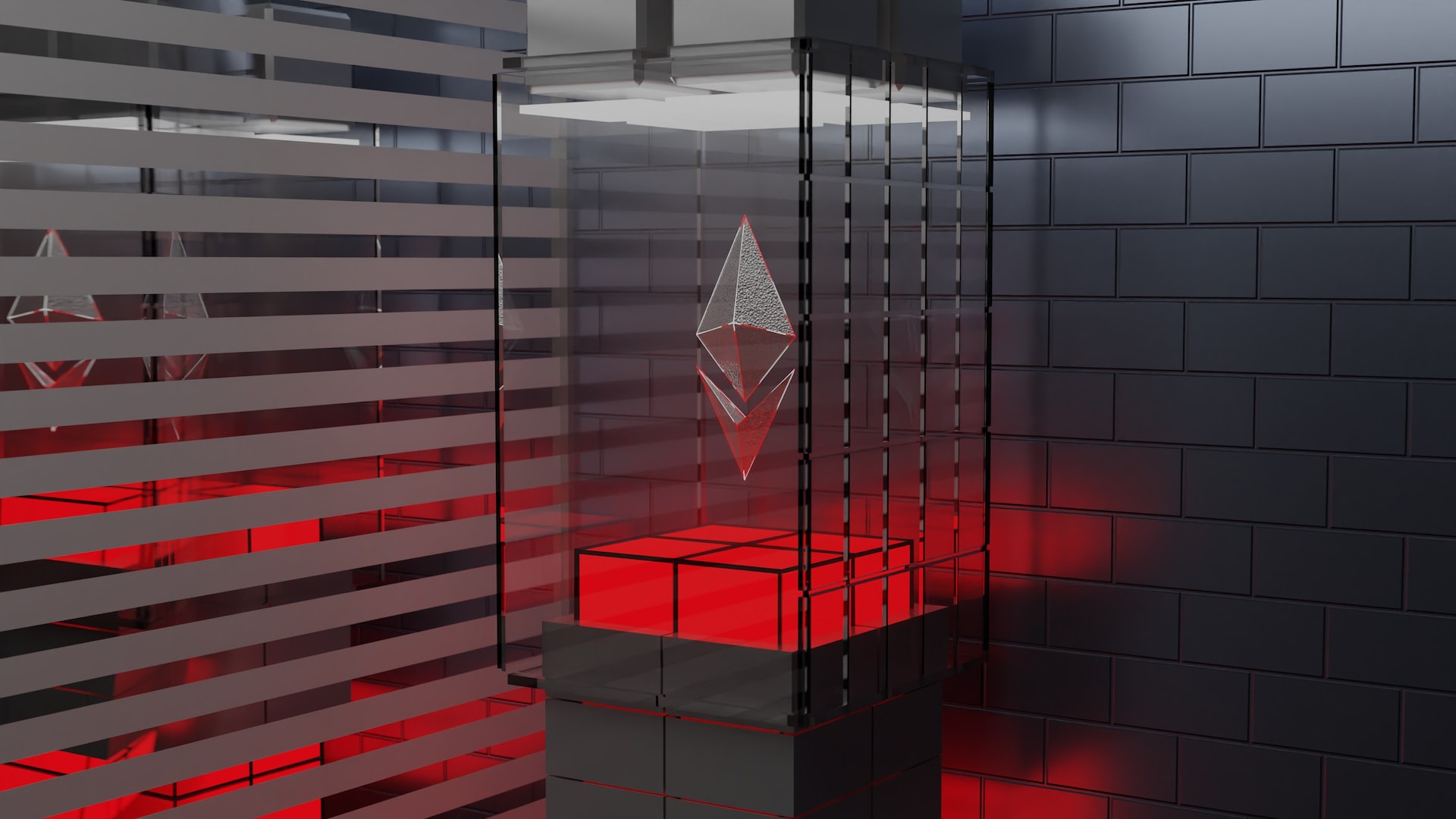Intermediaries in the money transmission function
Before Bitcoin and other cryptocurrencies, people had only two ways to transfer money:
- To hand over money, in person;
- transfer through intermediaries – using a third party (banks, payment systems, mail, etc.);
Usually the third party is a whole set of services and platforms working by their own rules. For example if a customer pays in-store by card, the merchant’s terminal contacts his bank, the bank forwards the request to the payment system, the payment system forwards the request to the bank which gave the customer his card, and then the whole chain is repeated in the opposite direction. It is clear that this scheme is simplified as much as possible, but even from it we see how many participants (intermediaries) in a fairly simple operation.
Intermediaries
In addition to the transfer itself, intermediary banks can perform additional functions, for example, at the request of the state to write off debts and block accounts. An ordinary payment is checked against many parameters:
- Whether there are enough funds in the user’s account;
- Where the funds came from;
- whether there are any debts;
- whether there is a ban on the movement of funds;
- What is the amount of payment, whether the purchase limit is not exceeded.
This is not a complete list of all the checks a payment undergoes; banks and payment systems keep more detailed information about the security system in secret.
But why is it bad? You may ask, the fact that you have to pay for the maintenance of the entire system, namely, servers, programmers, managers, lawyers, economists and other staff, and the user always pays.
Fact
When processing transactions in the blockchain, hashes are constantly checked, after which, the system goes up to the last hash, where it confirms the integrity and correctness of all previous codes so that the block closes.
This constant verification eliminates the possibility of someone adding “extra” coins and sending invalid information to the network – such a block will not pass the verification and will not be added to the network. Hence the name – a chain that works continuously and adds links.

Average Rating